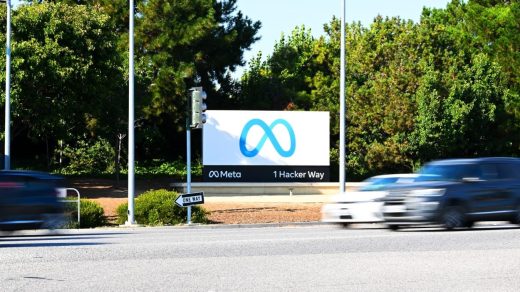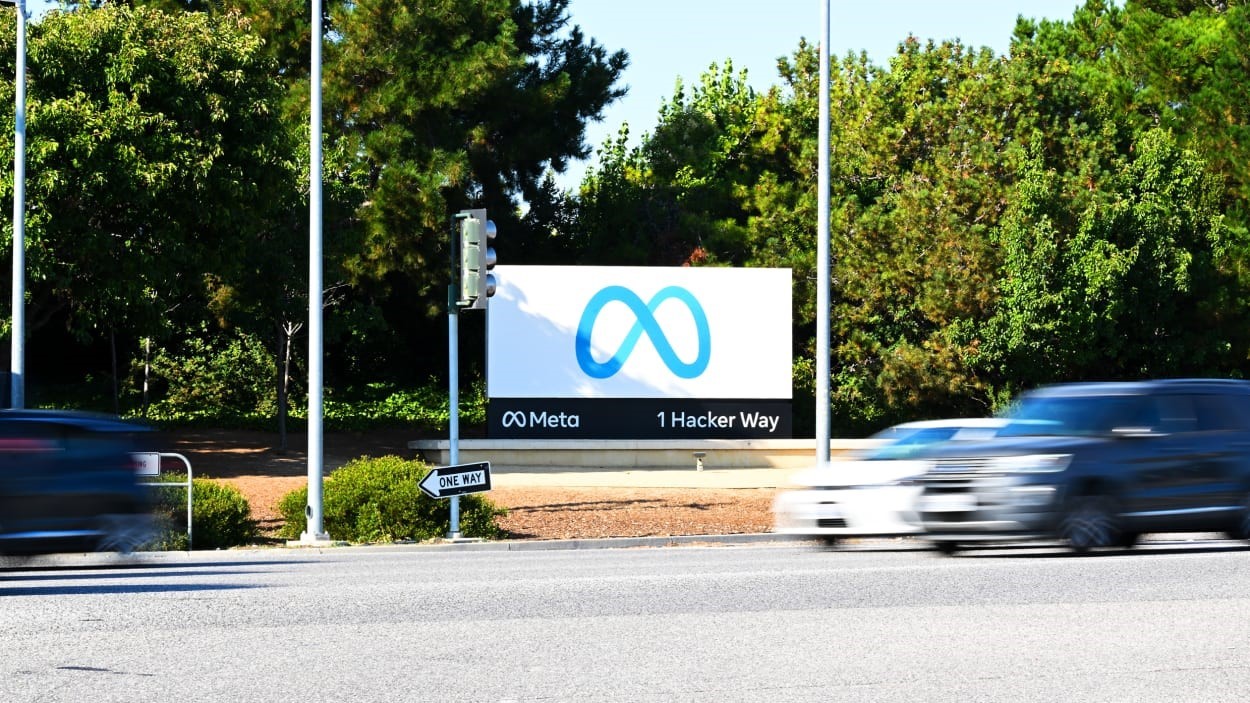Two years later, Facebook’s rebrand as Meta looks smart—with a caveat
Rebrands are rarely popular. When Twitter became X, it was a “bad joke.” When SunTrust and BB&T became Truist, the brand evoked “toothpaste” and “linoleum.” When Philip Morris became Altria, “names [were] changed to protect the guilty.”
So eye-rolling was to be expected when social media giant Facebook announced on October 28, 2021 that the company was changing its name to Meta.
At the time, some critics viewed the rebrand as a sad attempt to shield the company from bad press. Others pointed out that the superficial change wasn’t being accompanied by any meaningful restructuring. Plus, everyone added, the namesake virtual world known as the metaverse wasn’t, as yet, really a thing.
But as time goes on, people often forget about disliking a rebrand. They may even forget that the brand ever had another name. Yes, we are still in a time of red-hot disdain for X, but who here even remembers that Accenture was once Andersen Consulting? Who recalls that Bell Atlantic and GTE merged and begat Verizon?
So two years later, how is Meta faring? Let’s assess.
In a vacuum, is Meta a better name?
Arguably, yes.
One of the reasons Mark Zuckerberg said the company was rebranding was that during 17 years of existence, Facebook had acquired a whole mess of apps, such as Instagram and WhatsApp, and it was awkward for the parent company to have the same name as one of those apps. Fair point. This was the same strategic reason behind Google’s rebranding as Alphabet in 2015, a move that siloed the search business from the likes of self-driving cars and smart home appliances.
Linguistically, the name Meta is shorter, more elegant, and more modern. One could argue that Facebook feels more human—that there is a futuristic sterility to Meta—or that Meta feels more generically techie. But the words face and book are prosaic and specific, while Meta, crucially, is flexible enough to feel natural on just about any kind of hardware or software the company could come up with.
Did Meta execute this rebrand well?
The implementation has been smooth enough.
The Meta brand was announced alongside a slick animated logo that told the story of the name change in about two seconds. The visual identity, retaining Facebook’s blue hues, was an easy adjustment. And Facebook remains the name of the company’s signature social platform, so there was no adaptation required there—much as people could just keep using Google as they always had after Alphabet came into existence.
Zuckerberg even spoke to the press to help sell the idea—and to pooh-pooh the notion that the rebrand was designed to distance his empire from toxic news.
If there was a misstep, it was that the company so explicitly tied the name change to the belief that the metaverse—some cocktail of virtual, augmented, and real worlds—was the “next digital frontier.” Zuckerberg expressed hopes that Meta would be seen not as a social media company in the future but as “a metaverse company.”
There is an easy story to tell about the name Meta that more vaguely ties into the future possibilities of our digital lives and selves. But the company’s communication put all the chips on this thing that has famously not taken the world by storm.
The year before the rebrand, Meta created an arm of the company—Reality Labs—that incorporated its Oculus VR group and was explicitly dedicated to bringing the metaverse to the masses. Over the ensuing quarters, it not only failed to do so but posted billions in losses. This disconnect remains the biggest issue for the name.
Did the change provide a reputational boost?
Even if we take Zuck at his word—that this rebrand was not a move in reputation management—we can all agree that Facebook needed a boost. The company’s various platforms had been associated with everything from election interference and misinformation to ethnic cleansing and self-harm. So has the name change helped?
Polls would suggest it hasn’t moved public sentiment much: People didn’t love Meta before it was Meta, and they don’t love it now.
To wit: A “brand reputation” survey jointly conducted in 2023 by Axios and Harris Poll put Meta near the bottom of the heap, rivaled by the likes of politically embattled TikTok and failed crypto exchange FTX. It came in #96 out of 100. But: it was basically in the same spot on the poll when the company went by a different name, coming in #98 of 100 in 2021.
On an individual level, however, the better name seems to have dovetailed with a markedly better time for Zuckerberg. Thanks in no small part to Elon Musk, who has sucked all the tech-villian air out of the room, the target on Zuck’s back has faded—and he has appeared more grown up alongside this more grown-up-sounding company name. There was even a time when people were rooting for him recently. (Too bad that the cage match never happened.)
Overall, the times have been mixed for Meta over the past two years. Beyond hard times at Reality Labs, there have been other business setbacks —layoffs, stock price drops, a slash in Zuckerberg’s personal wealth, a decline in Facebook users. But for the past several quarters, ad revenue has been booming; the latest numbers showed Meta’s net income up 164% year over year.
That means, among other things, that Meta has plenty of runway.
So while critics can continue to get their branding jabs in, there is still time for the name change to prove prescient. There is still time for the metaverse to become a thing. If and when it does—and especially if Meta is responsible—we will probably all forget that this tech company was ever named after some old social media platform.
(17)



